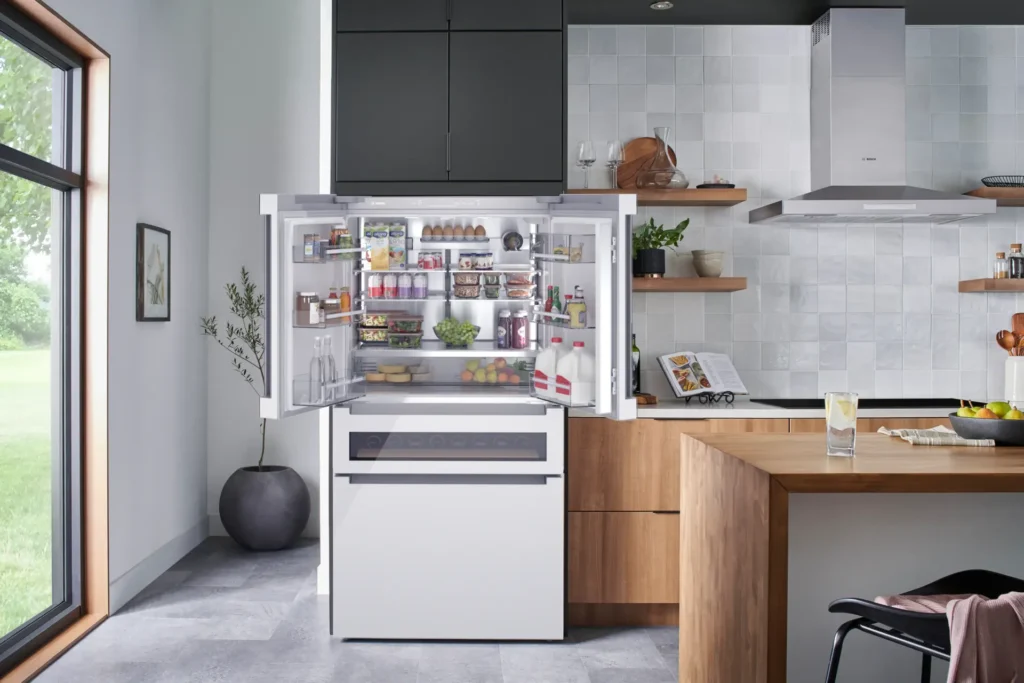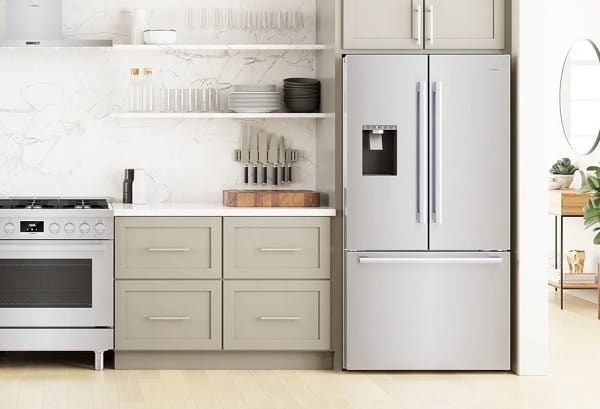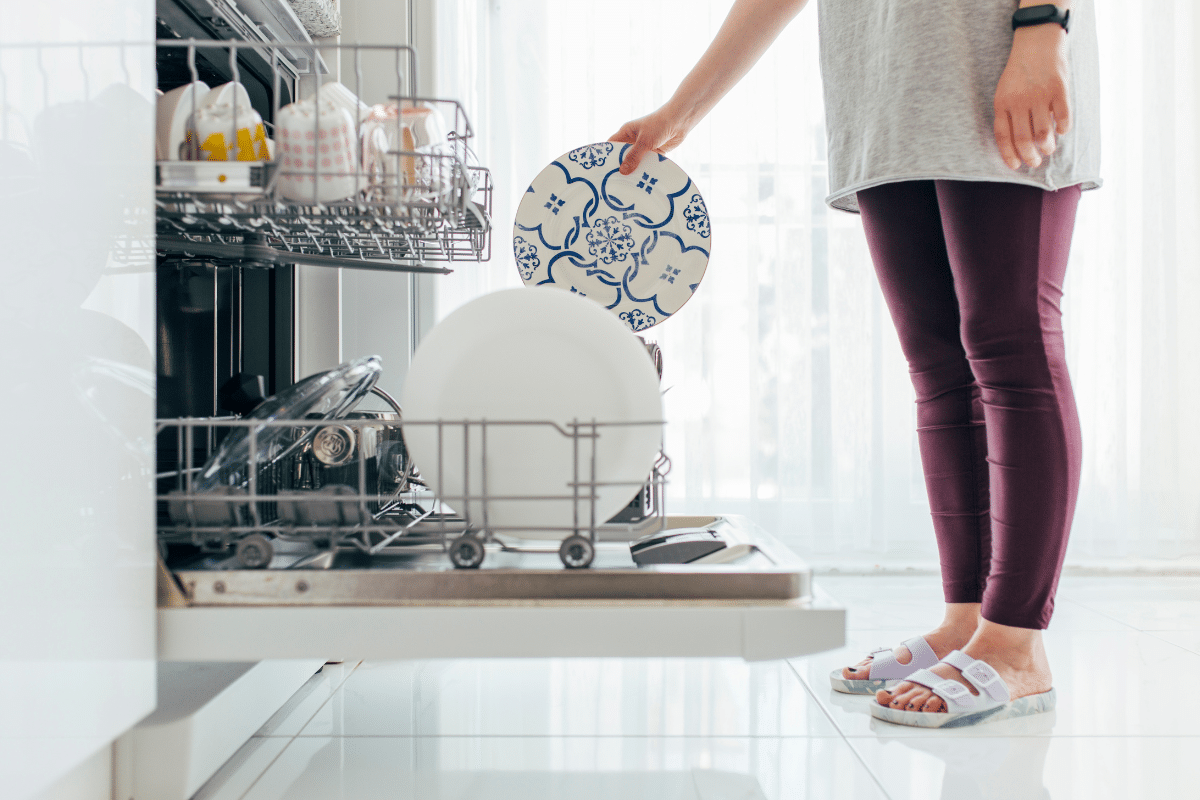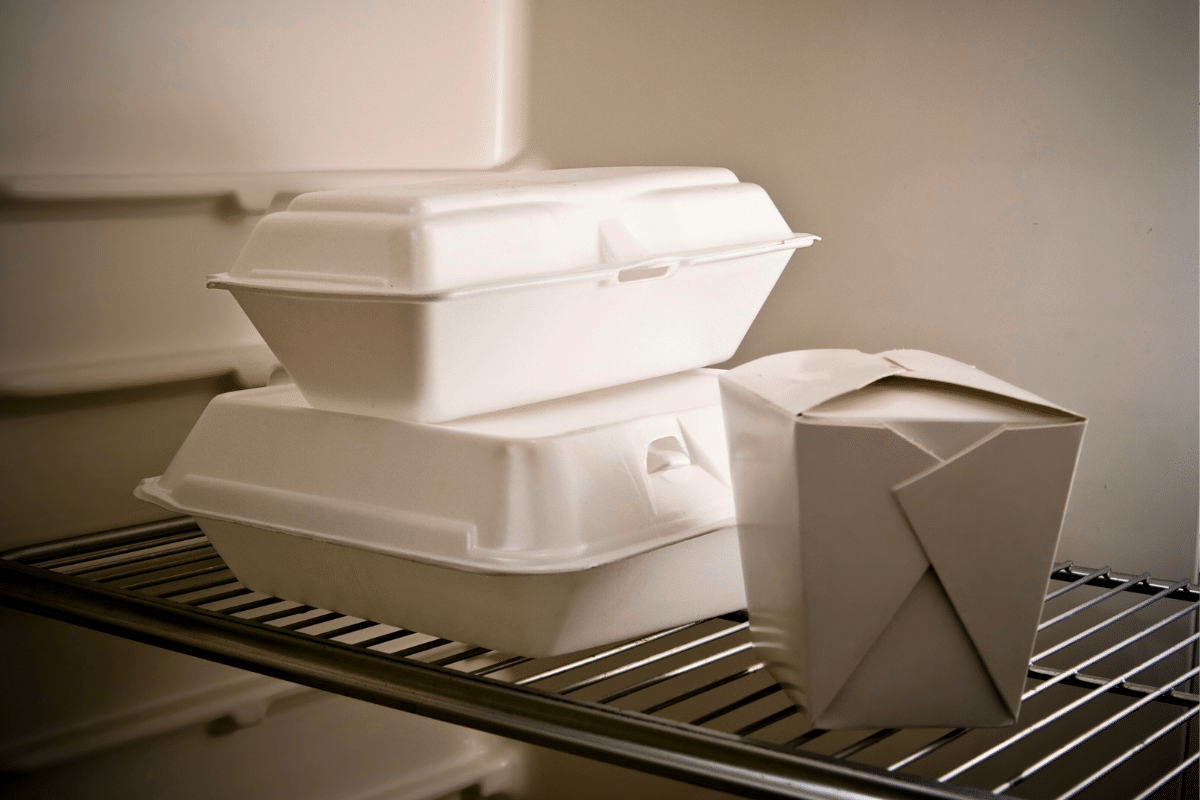If your Bosch refrigerator isn’t cooling properly, it can quickly become a major inconvenience. Not only does inadequate cooling put your food at risk of spoiling, but it can also lead to increased energy consumption as the appliance works harder to maintain the right temperature. If your Bosch refrigerator is not getting cold enough, several factors could be causing the issue, including dust and debris coating the condenser coils, a malfunctioning fan, or incorrect temperature settings. Identifying the root cause is essential to restoring your refrigerator’s efficiency and keeping your food fresh.
Why is My Bosch Refrigerator Not Getting Cold Enough?
If your Bosch refrigerator is struggling to stay cold, several underlying issues could be to blame. While some problems, like adjusting the temperature settings, are simple fixes, others—such as malfunctioning fans or dirty condenser coils—may require maintenance or repairs. Below are some of the most common reasons your refrigerator isn’t cooling properly and what you can do to address them.
Reason 1: Dirty Condenser Coils
Regular maintenance is key to keeping your Bosch refrigerator running efficiently, yet some essential tasks are often overlooked. One of the most important yet neglected maintenance steps is cleaning the condenser coils, which are crucial in dissipating heat and ensuring proper cooling. President of Lander’s Appliance, Andrew Brenton, explains, “One of the most overlooked maintenance tasks is cleaning the condenser coils. When dust and debris accumulate on these coils, the refrigerator has to work harder to maintain the correct temperature, leading to reduced efficiency and potential cooling issues.” Read more from Baltimore’s Bosch sales & service experts here.
By including coil cleaning in your routine maintenance, you can improve performance and extend the lifespan of your Bosch appliance. Clean your Bosch refrigerator coils in just 5 steps:
- Turn off the power to your Bosch refrigerator for safety.
- Locate the condenser coils at the back or underneath the unit.
- Use a vacuum with a soft brush attachment or a coil cleaning brush to gently remove dust and debris.
- Once cleaned, restore power to the refrigerator and allow it to resume normal operation.
- Regular maintenance of the coils can help improve efficiency and extend the lifespan of your appliance.
Reason 2: Faulty Condenser Fan
The condenser fan is crucial in cooling the compressor and condenser coils, which helps regulate the refrigerator’s temperature. If the condenser fan stops working, the compressor can overheat, causing the refrigerator to struggle to maintain cold temperatures. One common reason for failure is a worn-out or faulty motor, which can prevent the fan from spinning even when power is supplied. Electrical issues, such as a damaged wire or a faulty control board, can also prevent the fan from operating properly. If the fan blades do not spin while the compressor is running, the fan motor or its electrical components may need to be tested and replaced to restore proper cooling.

Reason 3: Malfunctioning Evaporator Fan
The evaporator fan circulates cold air from the evaporator coils throughout the refrigerator and freezer compartments. If the evaporator fan motor fails, cold air may not properly reach the refrigerator section, even though the freezer can still maintain low temperatures. A faulty motor, a broken fan blade, or issues with the control board can prevent the fan from operating correctly. If you notice that your freezer is cold but the refrigerator isn’t, check for unusual noises from the fan area or see if the fan stops running when the door opens. If the fan is not spinning while the compressor is running, the motor may need to be replaced to restore proper airflow and cooling.
Reason 3: Incorrect Temperature Settings
Ensure the temperature is correctly set on your Bosch fridge. Incorrect temperature settings can cause your food to spoil and make it unsafe to consume due to bacteria growing at higher temperatures.
What Temperature Should My Bosch Refrigerator Be?
According to Bosch, the recommended temperature setting for your fridge is +4 °C. Food stored at a temperature above 4 °C will spoil. Refer to your Owner’s Manual for more instructions on how to set the temperature.
Reason 4: How do I Make My Bosch Fridge Colder?
Keep the door closed. To keep your Bosch refrigerator running efficiently, try to minimize how often you open the doors. Each time the door is opened, cold air escapes while warm air enters, making it harder for the refrigerator to maintain the proper temperature. This not only forces the appliance to work harder—leading to increased energy consumption and higher electricity costs—but can also compromise food storage conditions by causing temperature fluctuations. Keeping the doors closed as much as possible helps maintain consistent cooling and improves overall efficiency.
Don’t Overcrowd Your Bosch Refrigerator: When it comes to keeping your Bosch refrigerator in optimal working order, it is important that you do not overstuff the unit. Keeping your fridge too full can impede the flow of cold air and reduce its efficiency significantly. A crowded refrigerator can also make it difficult to access items quickly when needed, causing frustration and wasted energy when the door is open for longer. It is best to leave a few inches of space between food items in your fridge so that air can circulate freely and effectively cool everything inside.
“A refrigerator works best when air can circulate freely. Overcrowding your Bosch fridge can restrict airflow, leading to uneven cooling and temperature fluctuations. Keeping some space between items ensures efficient operation and helps maintain the freshness of your food.” – Andrew Brenton, President of Lander’s Appliance, the leader in Baltimore appliance repair.
Keep Door Gaskets Clean: It is important to maintain the door gaskets of a Bosch refrigerator regularly. Keeping them free of dirt and debris helps the gaskets form a tight seal, which helps keep the cold air inside the refrigerator and prevents warm air from entering. This can improve energy efficiency and allow your fridge to operate more efficiently. To ensure that your Bosch refrigerator’s door gaskets remain in top condition, you should examine them weekly for any buildup and clean them with a dry rag or paper towel if necessary.
How Do You Reset a Bosch Refrigerator?
If you need to reset your Bosch refrigerator, you can easily unplug it from its power source for a few minutes and then plug it back in. Doing this will effectively reset the unit and allow it to start with a clean slate.
However, if there are still issues with your Bosch refrigerator not cooling properly, call the Bosch refrigerator repair experts at Priority Appliance Service.






























